Dog / Detail
Caring for Your Canine Companion: A Guide to Dog Health
Jonathan Bennet | 15 August 2024 | 12:05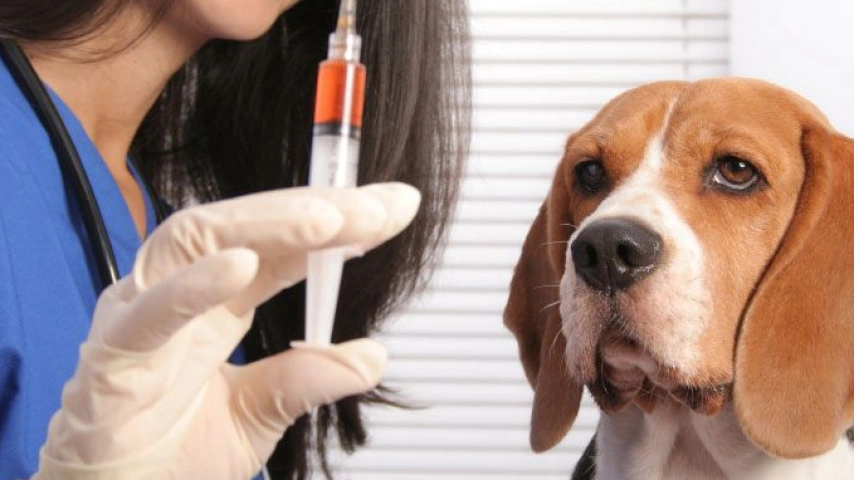
Our dogs are more than just pets; they are cherished members of our families. When they fall ill, it can be a distressing experience. While it's essential to seek professional veterinary care, understanding some common canine ailments and basic care can help alleviate discomfort and anxiety.
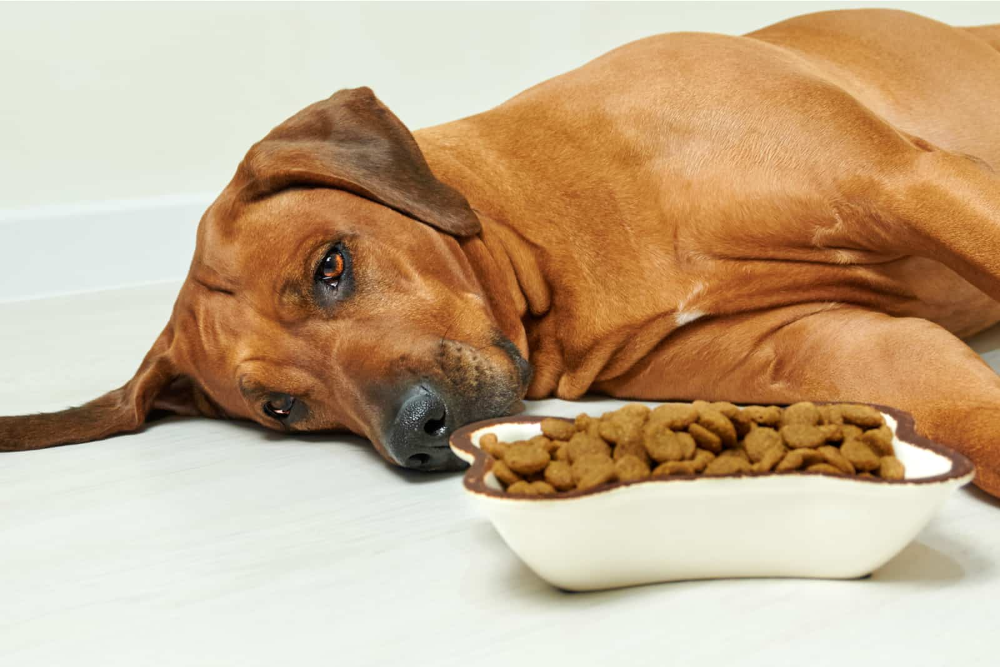
Recognising the Signs of Illness
A keen eye for change is crucial in identifying when your dog might be under the weather. Subtle alterations in behaviour, appetite, or physical appearance can be early warning signs.
- Behavioural changes: Lethargy, hiding, aggression, or excessive whining can indicate illness.
- Appetite changes: Loss of appetite, increased thirst, or vomiting are common symptoms.
- Physical signs: Fever, coughing, sneezing, diarrhoea, constipation, difficulty breathing, or changes in urine or stool colour should be monitored closely.
Remember, every dog is different, and what might seem normal for one may be a sign of illness in another. If you're concerned about your dog's health, consult your vet.
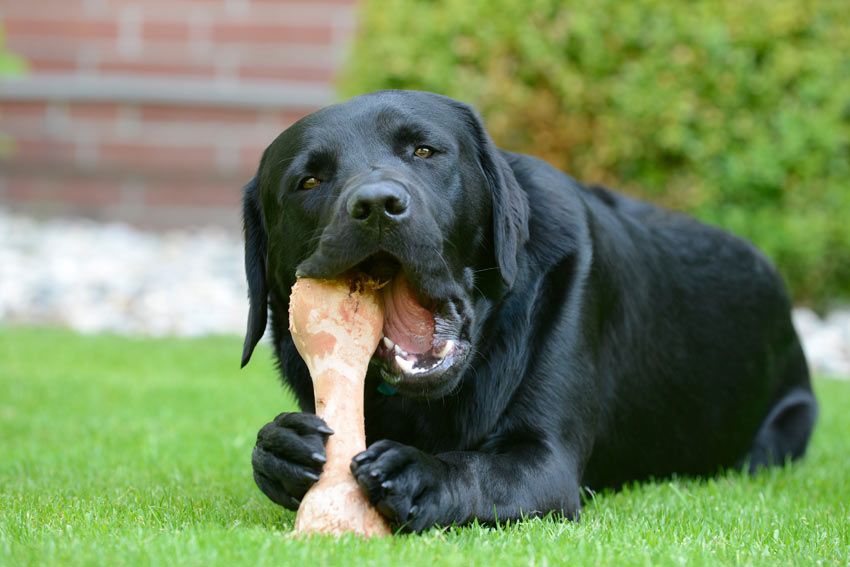
Common Canine Ailments and Home Care
While professional veterinary advice is paramount, there are some common ailments that can be managed at home with careful observation.
- Upset Stomach: Diarrhoea and vomiting can be caused by dietary indiscretion, stress, or mild infections. Bland food like boiled chicken and rice can help settle the stomach. However, if symptoms persist or worsen, veterinary attention is necessary.
- Minor Cuts and Scrapes: Clean the wound gently with a mild antiseptic solution and apply a clean bandage. Watch for signs of infection, such as redness, swelling, or discharge.
- Eye Issues: If your dog has a watery or gooey eye, gently clean it with a damp cloth. Avoid using any human eye products. If the eye is red, swollen, or painful, seek veterinary care.
- Ear Infections: Frequent ear scratching, head shaking, or a bad odour from the ears can indicate an ear infection. Clean the outer ear with a vet-approved ear cleaner. Avoid inserting anything into the ear canal.

Creating a Comfortable Environment
When your dog is unwell, providing a comfortable and stress-free environment can aid in recovery.
- Quiet Space: Create a quiet area where your dog can rest undisturbed.
- Soft Bedding: Ensure your dog has comfortable bedding to relax on.
- Regular Check-ins: Monitor your dog's condition regularly, taking note of any changes.
- Hydration: Encourage your dog to drink plenty of water, especially if they have diarrhoea or vomiting.
Pr

Prevention is Key
The old adage "prevention is better than cure" holds true for our canine companions. Regular veterinary check-ups, vaccinations, and a healthy diet are essential for maintaining optimal health.
- Vaccinations: Keep your dog's vaccination schedule up-to-date to protect against contagious diseases.
- Nutrition: Feed your dog a high-quality diet that meets their nutritional needs.
- Exercise: Regular exercise helps maintain a healthy weight and supports immune function.
- Dental Care: Good dental hygiene helps prevent gum disease and other oral health problems.
- Parasite Prevention: Protect your dog from fleas, ticks, and worms with appropriate treatments.
Remember, this information is a general guide and should not replace professional veterinary advice. If you are concerned about your dog's health, always consult with a qualified vet.
Related
-
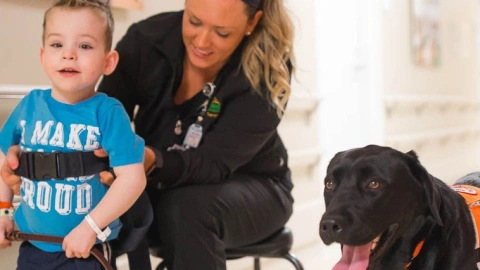
The Healing Power of Dogs: How Canine Therapy is Revolutionizing Mental Health and Boosting Positive Energy in Humans
Dog14 November 2024
-

A Pawsitive History: Dogs of Nuremberg
Dog09 November 2024
-

The Role of Oxytocin in the Human-Dog Bond: The Science Behind Our Deep Connection
Dog06 November 2024
-

Beyond the Beach: Jamaica's Dog Lovers
Dog29 October 2024
-

A Dog's Delights: Homemade Snacks for Our Furry Babies, Recipes Included!
Dog29 October 2024
-
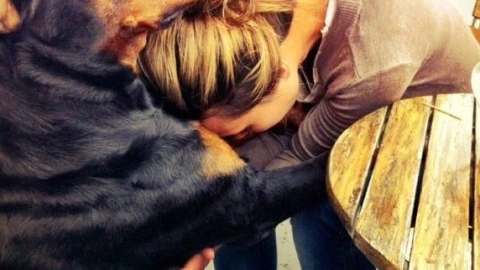
A Dog's Disorientation: Understanding Your Dogs' Wanderlust
Dog29 October 2024
Popular
-

-

A Pawsitive History: Dogs of Nuremberg
09 November 2024 -

-

Beyond the Beach: Jamaica's Dog Lovers
29 October 2024 -
